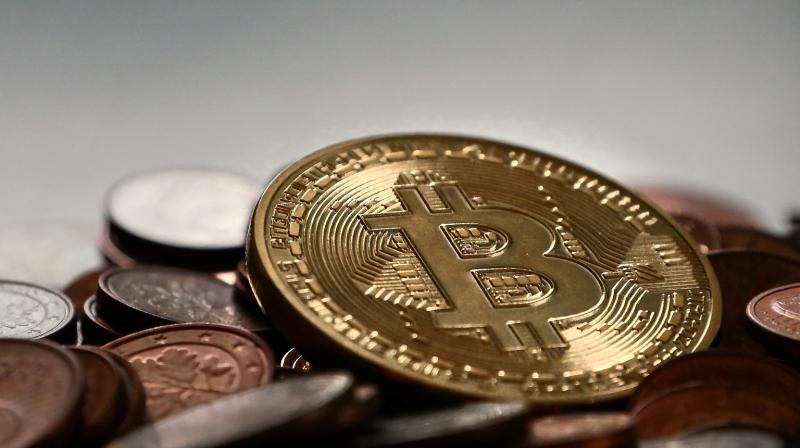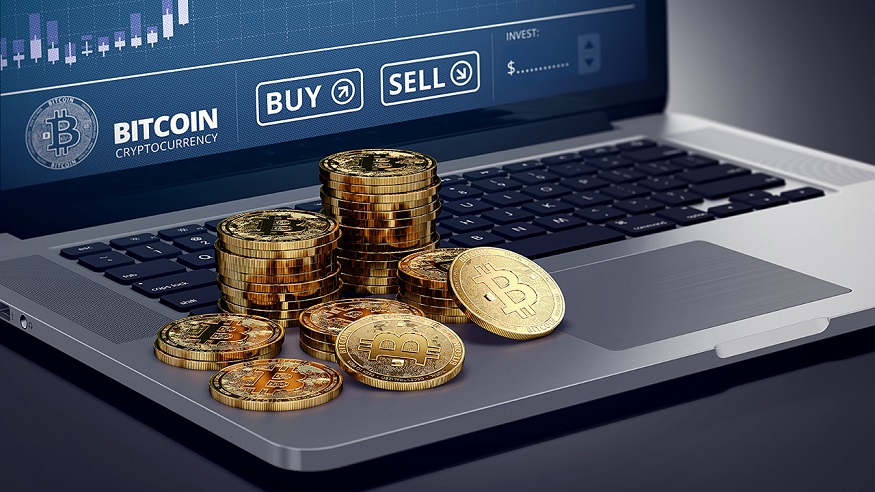Bitcoin is on the rise, along with other cryptocurrencies. There are many ways in which its future and outlook are not clear. One key factor to consider to shed some light on this is its limited supply.
Fixed Supplies of Cryptocurrencies
Bitcoin, which is currently the world’s biggest and most popular cryptocurrencies, has a supply cap of 21 million. Last year in April, 80 percent of this number has been confirmed to have already been mined.
Even if the newly mined bitcoins are not going around forever since the number of available units will decrease over time, there is still a long time before they can enter the circulation. According to data, the supply of new bitcoins wouldn’t run out until the year2140.
A Hot Debate
The limited supply of bitcoin has spurred hot debates, with people having different opinions on whether it should or shouldn’t be that way.
For those who are in favor of having fixed supplies, the limitation creates digital scarcity. Lower supply props up demand, and the combination of high demand and low supply paves the way for higher prices.
In addition, the limited supply also sets the crypto aside from global financial system, where central banks can basically print more money through a strategy called quantitative easing which results to inflation.
On the flipside, others argue that the limited supply will actually stop people from spending, turning bitcoin into a digital asset that people will hoard.
For some experts, it’s impossible for bitcoin to depreciate if its supply is limited. This is risky for crypto holders who are waiting for the asset to become cheaper. For fiat currencies, inflation means the asset they have will not be worth as they were before and the longer it is in their pocket.
Deflationary Bitcoin
Deflation refers to the decrease in the price you pay for goods and services, making it the exact opposite of inflation. Even though deflation is considered a bad thing in the traditional economy, it’s quite different in the crypto world.
Cryptocurrencies are finite, compelling some economists to brand it as some sort of ‘digital gold’. With the rise of output, the prices of the product are going to fall. But crypto being a store of value means it could also rise simultaneously. For the supporters of deflation, this is far more stable than what we witness in the global economy.
After the Supply Limit is Reached
After the bitcoin supply is exhausted, miners will be the ones to particularly feel the effect of this. They are currently receiving rewards when they mine a block. However, the rewards are going to crumble over time. As one might expect, they rewards will disappear altogether.
Even Satoshi Nakamoto, the elusive creator of bitcoin, predicted that the rewards will disappear for miners and will be replaced by transaction fees. Transactions will still be validated in the bitcoin blockchain. What this implies is that users may have to pay higher transaction fees if they want their transactions to be processed properly.
If you want to know more on bitcoin and other alt cryptocurrency trading, you can check for here- bitcoinxxo.com
Being an Actual Currency
Although some crypto startups are making sure their tokens can be used to buy something specific, some are creating assets with limited supply to help crypt users store value and see it appreciate over time.
Overall, cryptocurrencies as actual currencies a concept that is also up for debate.













Comments